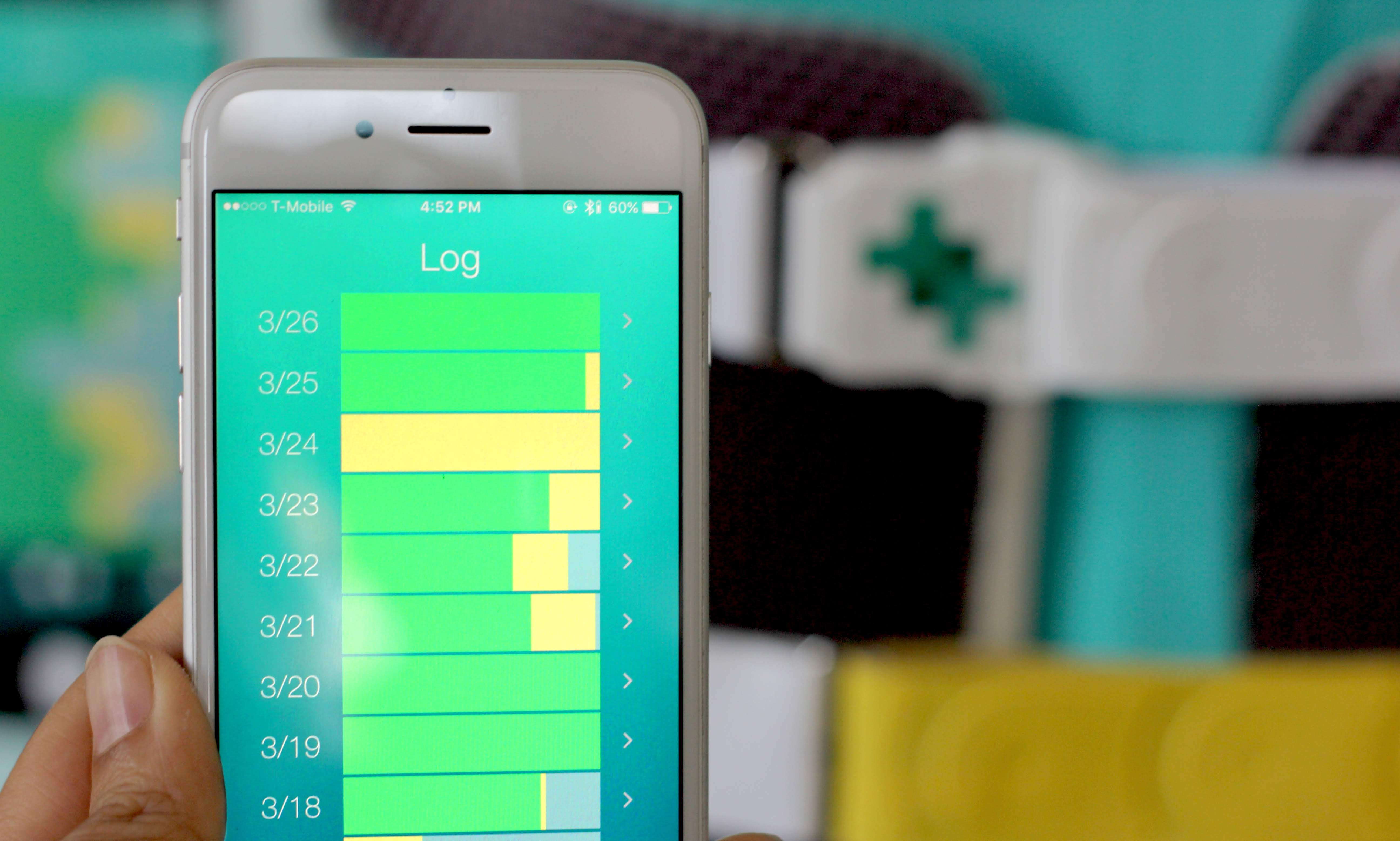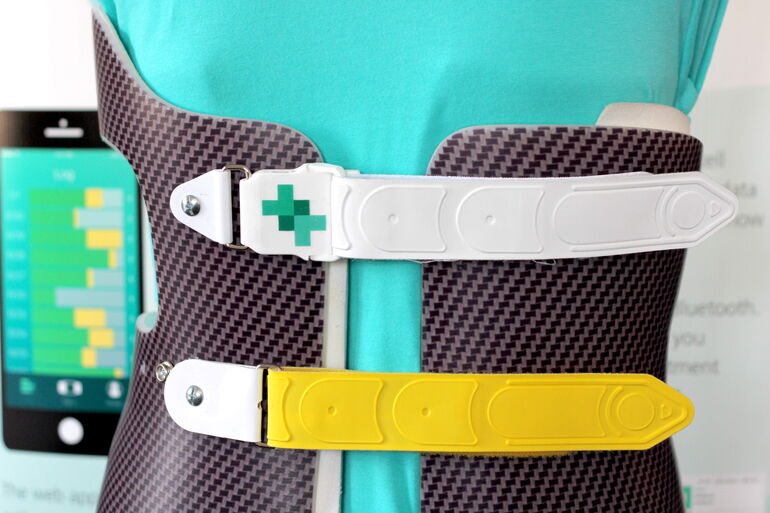
Processing Your Payment
Please do not leave this page until complete. This can take a few moments.
-
News
-
Editions
-
- Lists
-
Viewpoints
-
HBJ Events
-
Event Info
- 2024 Economic Outlook Webinar Presented by: NBT Bank
- Best Places to Work in Connecticut 2024
- Top 25 Women In Business Awards 2024
- Connecticut's Family Business Awards 2024
- What's Your Story? A Small Business Giveaway 2024 Presented By: Torrington Savings Bank
- 40 Under Forty Awards 2024
- C-Suite and Lifetime Achievement Awards 2024
- Connecticut's Health Care Heroes Awards 2024
-
-
Business Calendar
-
Custom Content
- News
-
Editions
View Digital Editions
Biweekly Issues
- April 15, 2024
- April 1, 2024
- March 18, 2024
- March 4, 2024
- February 19, 2024
- February 5, 2024
- January 22, 2024
- January 8, 2024
- Dec. 11, 2023
- + More
Special Editions
- Lists
- Viewpoints
-
HBJ Events
Event Info
- View all Events
- 2024 Economic Outlook Webinar Presented by: NBT Bank
- Best Places to Work in Connecticut 2024
- Top 25 Women In Business Awards 2024
- Connecticut's Family Business Awards 2024
- What's Your Story? A Small Business Giveaway 2024 Presented By: Torrington Savings Bank
- 40 Under Forty Awards 2024
- C-Suite and Lifetime Achievement Awards 2024
- Connecticut's Health Care Heroes Awards 2024
Award Honorees
- Business Calendar
- Custom Content
New Haven’s Wellinks acquired by Fairfield medical device startup
 PHOTO | Contributed
Wellinks’ Bluetooth-enabled device for scoliosis sufferers, called Cinch, attaches to a patient’s back brace and monitors its fit and usage.
PHOTO | Contributed
Wellinks’ Bluetooth-enabled device for scoliosis sufferers, called Cinch, attaches to a patient’s back brace and monitors its fit and usage.
Wellinks, a six-year-old New Haven startup founded by Yale students who invented an internet-connected brace-monitoring strap for scoliosis patients, has been acquired by Fairfield respiratory medical device company Convexity Scientific Inc.
Wellinks, once named one of Business Insider’s Top 25 under-the-radar startups, announced the news on the company’s website and in a letter to Wellinks’ supporters earlier this month. Financial terms of the deal, which closed Jan. 6, were not disclosed.
Convexity officials said Monday the startup is now actively looking to relocate to New Haven. Wellinks CEO Ellen Su, who graduated from Yale in 2013, will join Convexity as its chief product officer.
“Digital technology is transforming health care, and we are proud to be part of this movement,” said Su in the letter. “By joining Convexity we can continue building connected devices and digital platforms that empower patients and improve lives.”
Wellinks’ Bluetooth-enabled device for scoliosis sufferers, called Cinch, attaches to a patient’s back brace and monitors its fit and usage. Born out of company co-founder Levi DeLuke’s childhood experience with the condition, the mission was to help parents make sure their child was wearing their brace as often and snugly as necessary.
Wellinks developed a software system to help patients track their own treatment, synch devices, enter in relevant treatment data and set appointment reminders. Doctors could use the app to calibrate and set prescriptions for the device. The company also planned to launch a system to connect patients to peer support resources and counseling.

Convexity, meanwhile, launched its first medical device, Flyp — a pocket-sized nebulizer for asthma and chronic obstructive pulmonary disease (COPD) patients — in 2018.
President Geoff Matous said the company, which currently has seven employees but is growing its tech and commercial teams, wants to create a similar mobile app and software system for Flyp. Matous said one reason Convexity wants to move to the Elm City is to “access the talent network and find more people like Ellen.”
“I met Ellen Su a year earlier through a mutual advisor, and at the time I remember thinking that hers was the exact level of talent that would accelerate our company to achieve our innovation goals,” Matous told New Haven BIZ Monday. “Over the course of the next year or so our companies both progressed and Convexity had raised [$3.9 million in] Series B [funding] in September. We were working with our board, our advisors and really solidifying the vision.”
“As we kept going back to building connections with our patients, I was thinking about those conversations a year prior and how, in a perfect world, we could incorporate Wellinks, as much for the experience and learnings as for the product, into Convexity,” Matous said.
Both startups are backed by Connecticut Innovations, the state’s quasi-public venture capital arm.
Accolades and challenges
Wellinks earned accolades and press when it launched the company in 2014 with the help of the Yale Entrepreneurial Institute (now the Tsai Center for Innovative Thinking at Yale). Business Insider named it one of the 25 hottest under-the-radar startups in 2015.
But after raising a total of $1.3 million in pre-seed and seed money, the company struggled to manufacture the device in order to get a clinical trial off the ground and launch the product commercially.
“Unfortunately due to the small size of the company and orders, coupled with our relative inexperience dealing with manufacturers, the whole process took much longer and was more expensive than expected,” Su said in an email interview Monday.
In 2018, Wellinks transitioned most of its handful of employees to consulting roles to extend its cash runway and buy time as it sought a partner to help bring the device to market, Su said. It is currently being tested at New York-Presbyterian/Columbia University Medical Center.
Su believes Convexity’s manufacturing experience will assist in finally bringing the Cinch technology to patients.
Matous declined to share company financials but said more than 10,000 respiratory patients have been treated with Convexity’s portable nebulizer device since its launch.
Su and Matous said Convexity will continue to look for commercial partners to license the Cinch technology for scoliosis while expanding its digital capabilities in COPD treatment and connected portable nebulizers.
Co-founder DeLuke, a 2014 Yale graduate, will work on projects as a consultant while pursuing his graduate degree in engineering and business full-time at MIT, Matous said.
Contact Natalie Missakian at news@newhavenbiz.com

2022 Giving Guide
This special edition informs and connects businesses with nonprofit organizations that are aligned with what they care about. Each nonprofit profile provides a crisp snapshot of the organization’s mission, goals, area of service, giving and volunteer opportunities and board leadership.
Learn more
Subscribe
Hartford Business Journal provides the top coverage of news, trends, data, politics and personalities of the area’s business community. Get the news and information you need from the award-winning writers at HBJ. Don’t miss out - subscribe today.
Subscribe
2024 Book of Lists
Delivering Vital Marketplace Content and Context to Senior Decision Makers Throughout Greater Hartford and the State ... All Year Long!
Read Here-
2022 Giving Guide
This special edition informs and connects businesses with nonprofit organizations that are aligned with what they care about. Each nonprofit profile provides a crisp snapshot of the organization’s mission, goals, area of service, giving and volunteer opportunities and board leadership.
-
Subscribe
Hartford Business Journal provides the top coverage of news, trends, data, politics and personalities of the area’s business community. Get the news and information you need from the award-winning writers at HBJ. Don’t miss out - subscribe today.
-
2024 Book of Lists
Delivering Vital Marketplace Content and Context to Senior Decision Makers Throughout Greater Hartford and the State ... All Year Long!
ABOUT
ADVERTISE
NEW ENGLAND BUSINESS MEDIA SITES
No articles left
Get access now
In order to use this feature, we need some information from you. You can also login or register for a free account.
By clicking submit you are agreeing to our cookie usage and Privacy Policy
Already have an account? Login
Already have an account? Login
Want to create an account? Register
Get access now
In order to use this feature, we need some information from you. You can also login or register for a free account.
By clicking submit you are agreeing to our cookie usage and Privacy Policy
Already have an account? Login
Already have an account? Login
Want to create an account? Register




0 Comments